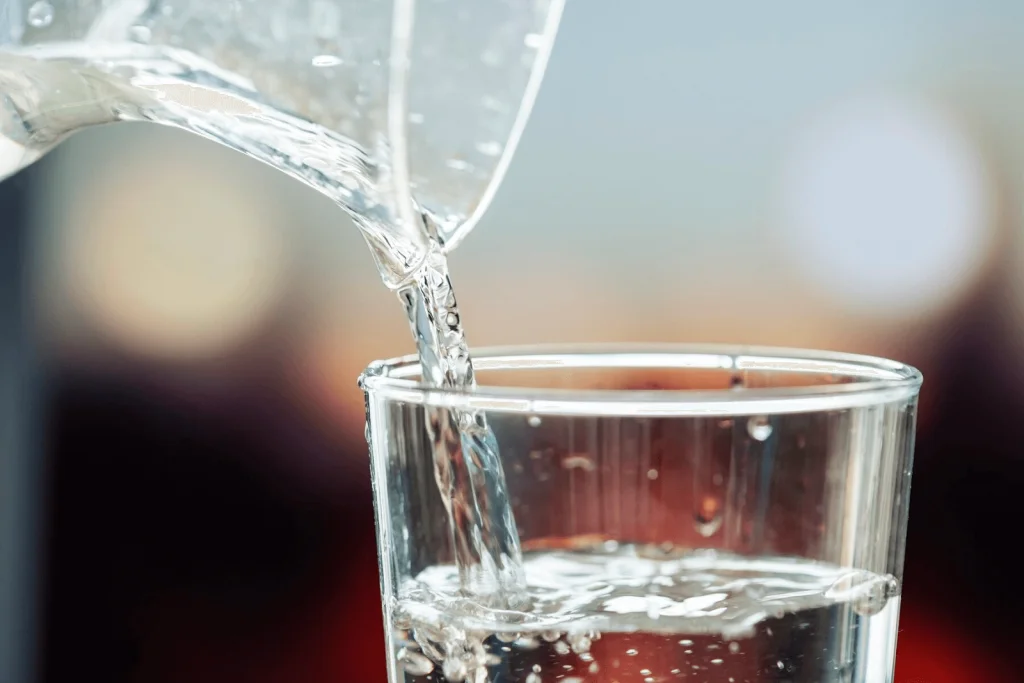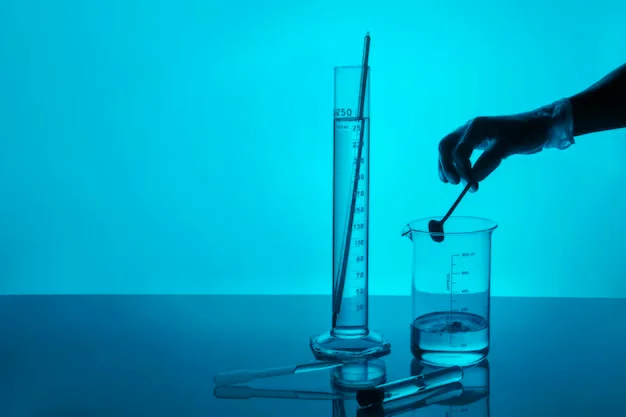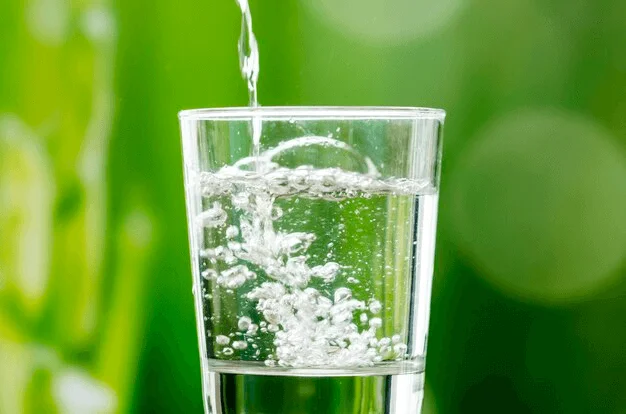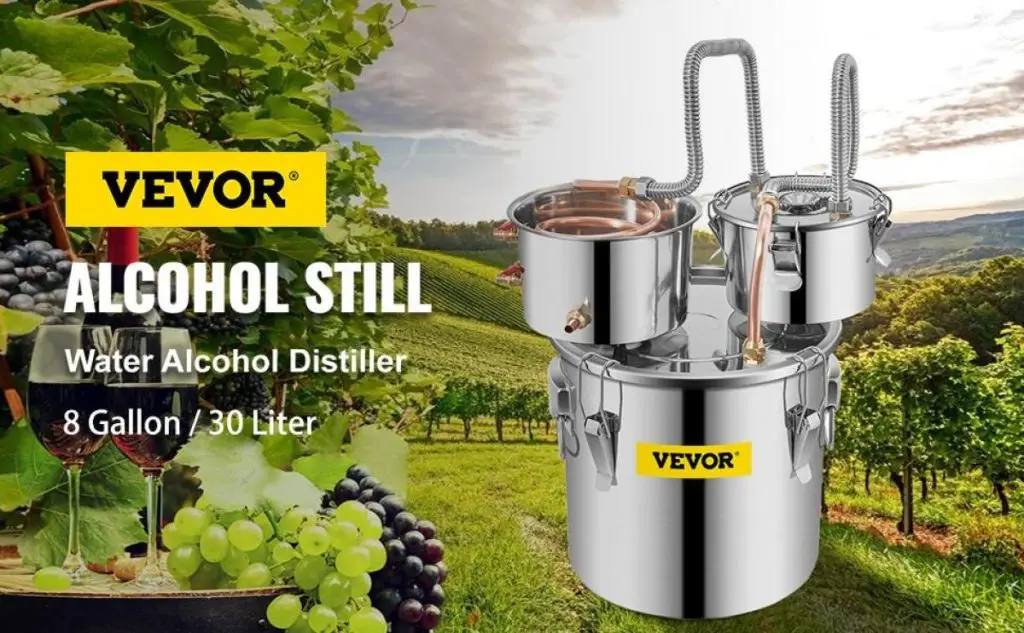There is often confusion about the differences between distilled water vs alkaline water. Many wonder if distilled water is alkaline, if distilled water is alkaline, and if one is better than the other. With so many questions around distilled water vs alkaline water, it can be tough to know which type of water to drink for optimal health. The VEVOR Water Distiller provides a solution by producing purified distilled water at home. Now you don’t have to choose between buying alkaline vs distilled water – you can easily distill your own water.
The VEVOR distiller removes impurities through steam distillation, resulting in pure, distilled water that is free of chemicals, bacteria, and contaminants. With this high-quality home distiller, you can stop wondering about alkaline versus distilled water and start enjoying fresh, clean drinking water.
Table of contents
What is Distilled Water?

Distilled water is water that has been boiled and condensed to remove impurities. The distillation process involves heating water to the boiling point, collecting the steam as it rises, and finally cooling the steam back into pure liquid water. This process removes chemicals, minerals, and contaminants, leaving only H2O molecules.
Distilled water is commonly used for medical purposes, scientific experiments, automotive cooling systems, and home appliances like steam irons. It’s also become popular as drinking water due to its purity and lack of dissolved minerals.
With a home distiller like the VEVOR, you can easily produce clean, refreshing distilled water. Having a supply of distilled water on hand can be useful for a variety of applications while avoiding the hassle of buying pre-packaged distilled water.
What is Alkaline Water?

Alkaline water is water that has a higher pH level than regular drinking water. While normal tap water has a neutral pH of 7, alkaline water typically has a pH of 8 or 9. It gets its alkaline quality through electrolysis, which uses an electric current to separate magnesium and calcium minerals from the source water. These minerals increase the alkalinity.
Some companies sell alkaline water by adding supplements during filtration. Alkaline water has gained popularity as a health drink, with claims that it can help slow aging, boost energy, and prevent disease.
However, research on these proposed benefits is limited. While not readily available from the tap, alkaline water can be purchased in stores or produced at home with machines that raise the pH of regular water. When deciding between alkaline water vs distilled water, it’s important to understand the difference in their production methods and potential health effects.
The Science Behind Distilled and Alkaline Water

When it comes to distilled water vs alkaline water, it is important to understand the main differences in their purification methods and composition.
Distilled water involves boiling water and then condensing the steam to remove impurities. This intense purification process strips out harmful contaminants like bacteria, chemicals, and heavy metals by leaving only the H2O molecules behind.
However, beneficial minerals like calcium, magnesium, and potassium are also removed during distillation. The result is pure water free of minerals and compounds.
In contrast, alkaline water maintains beneficial minerals while also increasing the pH. It undergoes electrolysis to separate the existing calcium and magnesium and concentrate them in the water, making it more alkaline. The electrolysis increases the pH by removing acidic hydrogen ions and leaving behind oxygen and hydroxyl ions, which carry a negative charge.
While both use purification methods, distilled water removes everything, including healthy minerals, while alkaline water keeps the minerals and makes the water even more alkaline. This key difference means that distilled water is not inherently alkaline like electrolyzed alkaline water. Simply distilling water will not make it alkaline because the distillation process removes the minerals that give water alkalinity.
Regarding taste, alkaline water has a more pronounced mineral taste and smooth mouthfeel from the extra calcium and magnesium ions. Distilled water has a flat, bland taste due to the complete removal of minerals during the distillation process. Some people prefer the pure taste of distilled water, while others like the mineral richness of alkaline water.
In terms of pH level, distilled water has a neutral pH of around 7, while true alkaline water has a pH of 8 or higher. Higher pH levels indicate increased alkalinity. The pH of distilled water can be temporarily increased through electrolysis but will eventually normalize back to a neutral pH once the water reabsorbs carbon dioxide from the air. Alkaline water maintains its high pH for a longer period.
While alkaline water proponents believe it can neutralize acidity in the body and provide health benefits, there is limited scientific research to support these claims. However, the World Health Organization and other authorities consider distilled water safe to drink in moderation. Both provide options for purified drinking water.
When deciding between buying alkaline water or distilled water, consider your reasons for wanting purified water. If you’re looking to avoid contaminants and chemicals, distilled water provides complete purification. If you want the added minerals and alkalinity in alkaline water for potential health effects, electrolyzed alkaline water may be preferred.
Getting a water distiller like the VEVOR allows you to remineralize and customize the mineral content of distilled water at home to find the right balance for your needs.
Understanding the science behind the purification, pH levels, taste, and mineral differences between distilled and alkaline water can help inform your drinking water choices. While alkaline water relies on mineral enhancement for its properties, the distillation process guarantees pure H2O free of all minerals and contaminants – something alkaline water cannot match.
With the purity of distillation and the customization of remineralization, distilled water is an ideal choice for those seeking cleaner, healthier drinking water.
Health Impacts: Distilled Water vs Alkaline Water

When assessing the health effects of distilled water vs alkaline water, there are some important factors to consider.
Some health authorities caution against drinking distilled water exclusively over the long-term. Since the distillation process removes all minerals, drinking only distilled water could potentially lead to mineral deficiencies over time. However, occasional distilled water consumption is not considered harmful for most healthy people. Adding minerals back into distilled water through remineralization drops or simply eating a mineral-rich diet can help mitigate this risk.
In moderation, distilled water can be safe and helpful for lowering intake of contaminants and chemicals in untreated tap water. The purity of distilled water may also benefit those with highly sensitive stomachs or certain medical conditions. However, completely removing essential minerals like calcium and magnesium may not be ideal over a lifetime.
Alkaline water, on the other hand, provides increased minerals like calcium and magnesium which are thought to provide some health advantages. The higher pH level also gives alkaline water antioxidant potential, allowing it to neutralize free radicals.
Proponents claim the alkalinity can help slow the aging process, boost hydration, improve bone health, and prevent disease.
However, most scientific studies have only shown modest impacts on acid-base balance and hydration biomarkers, not definitive health outcomes. The quality of evidence for alkaline water significantly improving pH levels long-term or providing major health benefits is currently weak.
More research on larger groups over longer periods is needed to substantiate many advertised health claims about drinking alkaline water. While titanium dioxide, calcium, and magnesium occur naturally in alkaline water, health agencies have not assessed the safety of some alkaline water ionization methods long-term.
Overall, there is no conclusive evidence that alkaline water markedly improves health outcomes better than regular water. But for healthy individuals, alkaline water is generally considered safe when consumed in moderation as part of a balanced diet. It may provide a way to increase intake of beneficial minerals like calcium and magnesium. However, the higher cost of packaged alkaline water makes it impractical as a complete replacement for regular water.
In conclusion, while alkaline water may offer some positives, distilled water avoids the disadvantages of tap water without removing essential minerals like electrolysis-enhanced alkaline water.
By starting with pure distilled water and selectively adding back preferred minerals, you can customize the composition for optimal health effects. Combining the purity of distillation with targeted remineralization allows you to strike the right balance between removing contaminants and retaining healthful minerals.
The Role of Minerals in Water

Minerals play an important role in drinking water by supporting hydration, bone health, and other body functions. Minerals like calcium, magnesium, and potassium give water a lighter taste and provide health benefits.
Alkaline water produced through electrolysis retains helpful minerals from the source water and often adds more through ionization. This provides an advantage over purified waters that remove minerals. The added calcium, magnesium, and other minerals are thought to help alkaline water’s benefits, though research is limited.
On the other hand, distilled water removes all mineral content through the distillation process. While this results in contaminant-free purity, a lack of essential minerals could be disadvantageous over the long term. However, with the right guidance, this downside of distilled water can be easily remedied.
The VEVOR countertop distiller offers an ideal option for restoring beneficial minerals to optimize the health profile of distilled water. Through a process called remineralization, key minerals can be added back into distilled water in desired amounts. Simple mineral drops or electrolyte tablets containing calcium, magnesium, potassium, and other essential minerals can conveniently reintroduce missing elements.
The VEVOR distiller empowers you to start with the purest water possible through steam distillation. You can then directly control the mineral profile by customizing the remineralization process at home. This allows you to find the optimal mineral balance for great taste and health benefits, something not achievable with store-bought alkaline water.
With the remarkable purity of distillation and the flexibility of remineralization, the VEVOR water distiller provides the best of both worlds. You can remove impurities through distillation, while selectively retaining helpful minerals missing in distilled water or enhanced in alkaline water. This grants full control over the mineral content and composition.
Making the Right Choice for Your Needs
When choosing between drinking alkaline water or distilled water, there are a few key factors to consider:
If your top priority is removing impurities like chemicals and heavy metals, distilled water is the better choice. Its intensive purification process eliminates nearly all contaminants. If you specifically want the higher mineral content and alkalinity, alkaline water may be preferred.
However, the VEVOR counter top distiller offers flexibility that bottled alkaline water cannot match. With VEVOR, you can start with ultrapure distilled water and then customize the mineral levels to your needs through remineralization. This allows you to enjoy both the purity of distillation and the mineral profile of alkaline water in one glass.
The VEVOR distiller empowers you to control the composition of your water for optimum health benefits. You can target the specific minerals you want to add back into your distilled water, something prepackaged alkaline water does not enable. The VEVOR also provides a limitless supply of distilled drinking water at a fraction of the cost of bottled water delivery.
For those seeking purity along with mineral enhancement, the VEVOR distiller is the clear choice. It pairs the contaminant removal of steam distillation with the flexibility of customizable remineralization. This family-sized distiller conveniently delivers pure, mineral-balanced water for household needs.
With its advanced carbon filtration and stainless steel durability, the VEVOR distiller is an investment that will provide a lifetime of healthy, purified water for drinking and cooking. Discover the difference ultra-pure distillation and strategic mineralization can make. Bring the benefits of both distilled and alkaline water into your home with the VEVOR Water Distiller.
Conclusion
When comparing distilled water vs alkaline water, it’s clear these two purified waters have distinct production methods and compositions. Alkaline water offers added minerals while distilled water provides uncompromising purity.
With the VEVOR countertop distiller, you don’t have to choose between them. You can start with contaminant-free distilled water and then customize the mineral content. This gives you complete control over your drinking water for the optimum health benefits.
For an unlimited supply of pure, mineral-balanced water, the VEVOR distiller is the smart choice. Discover the difference ultra-pure distillation can make and bring the benefits of both alkaline and distilled water into your home.





